Strengthening Capacity in the Mekong River Delta Through Economic Experiments
by Irene Mussio
Chau My Duyen, Irene Mussio, Hyunh Van Da and Hua Hong Hieu have trained research and student assistants to run economic experiments in the Mekong River Delta (MRD). The team had the help and support of Dr. Tran My Minh Chau, a research associate at the University of Economics Ho Chi Minh City, who studies economic behaviour and has extensive experience in administering economic experiments in Vietnam.
We are heading towards the start of two months of field work in the Mekong River Delta (MRD), with a target of engaging 600 participants with our economic experiments across several provinces. We are exploring the different mechanisms which can enhance economic cooperation between villagers to reduce water pollution and understand how individual preferences can influence decision-making.
Our aim is to be able to gather this data in the most organised way, whilst respecting local traditions, following economic ethics and experimental principles, and cooperating with local authorities.
With that in mind, we want to continue building ways to collaborate between Can Tho University and Newcastle University to run economic experiments that focus on the lives of MRD dwellers.
The Training Process
Across four days research and student assistants took part in 5 training sessions, where the aims of our experiment fieldwork were explained in detail, and instructions provided. There are 6 variations in the experimental mechanisms, which we also explained to the participants.
The participants actively took part in the different stages of the training, including reading the instructions, deciding the best way to run the experiments in the field, and clarifying the instructions to fit the local communities.
The training included two pilots, one with freshmen students from Can Tho University (in the field of economics, experiments are always trialled with students before going to the field) and one with the research assistants themselves to rule out any comprehension issues. This led to small modifications to the experimental instructions, enhanced the capacity of the assistants to run experiments on their own, and reduced the likelihood of issues in the field.
Piloting in the Field and Lessons Learned
After our small training pilots, we ran another pilot in the field with 16 local villagers in Vĩnh Hải, Vĩnh Châu (Sóc Trăng province). Local authorities helped to determine the list of participants and the location for the session.
This led to several important learning points for our actual fieldwork in the MRD:
Ethnic minorities, inclusivity, and language: Participants from both Kinh and Khmer groups were invited to our session. This meant that some participants did not speak Vietnamese. With the aim of being inclusive to both ethnic groups, we decided to bring in a student translator to translate in real time for those participants who would not be able to understand otherwise (pssst…it worked really well!). In the case of other sessions, we will make sure that a majority of Kinh is also used to avoid translation issues when possible.
Physical location of the experimental session: the pilot ran in a village open café (owned by a local household), which meant that there was not enough space for participants to spread out to reduce communication. We decided to reconsider the spaces and liaise with the local authorities to find alternative places (such as community centres) where the experiment could be run in a quieter environment.
Roles of the research assistants: every assistant should have a clearly defined role to avoid misunderstandings (reading the instructions, working for a group, payment, and controller).
Revisiting instructions and infographics to improve and clarify them whenever needed.
The team! Credit: Nguyen Anh Minh
Want to stay up to date with Irene and her team’s latest research? Why not sign up for our newsletter?
Other blogs you may like: Running Economic Field Experiements




